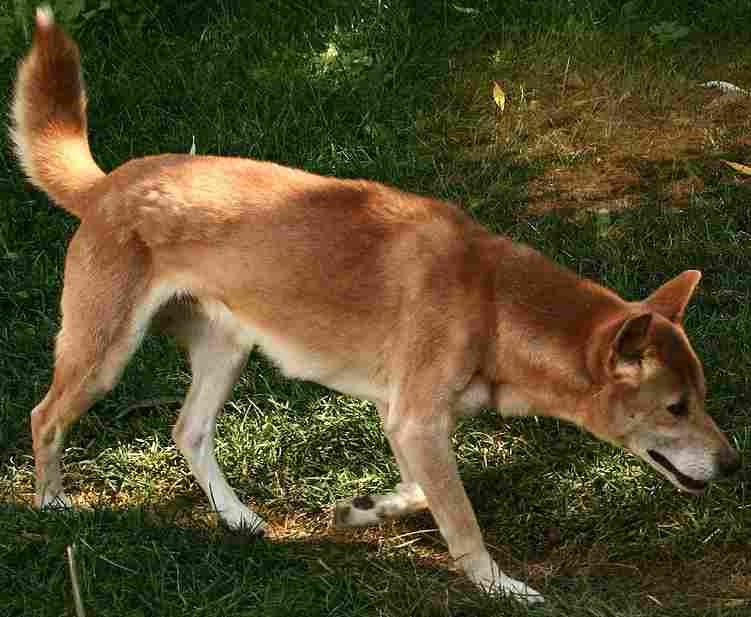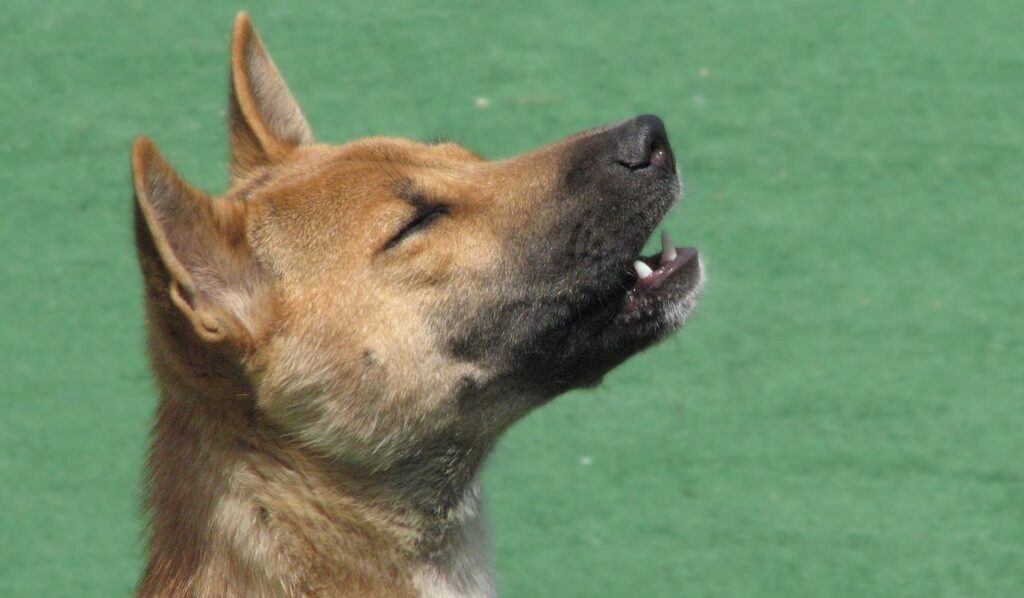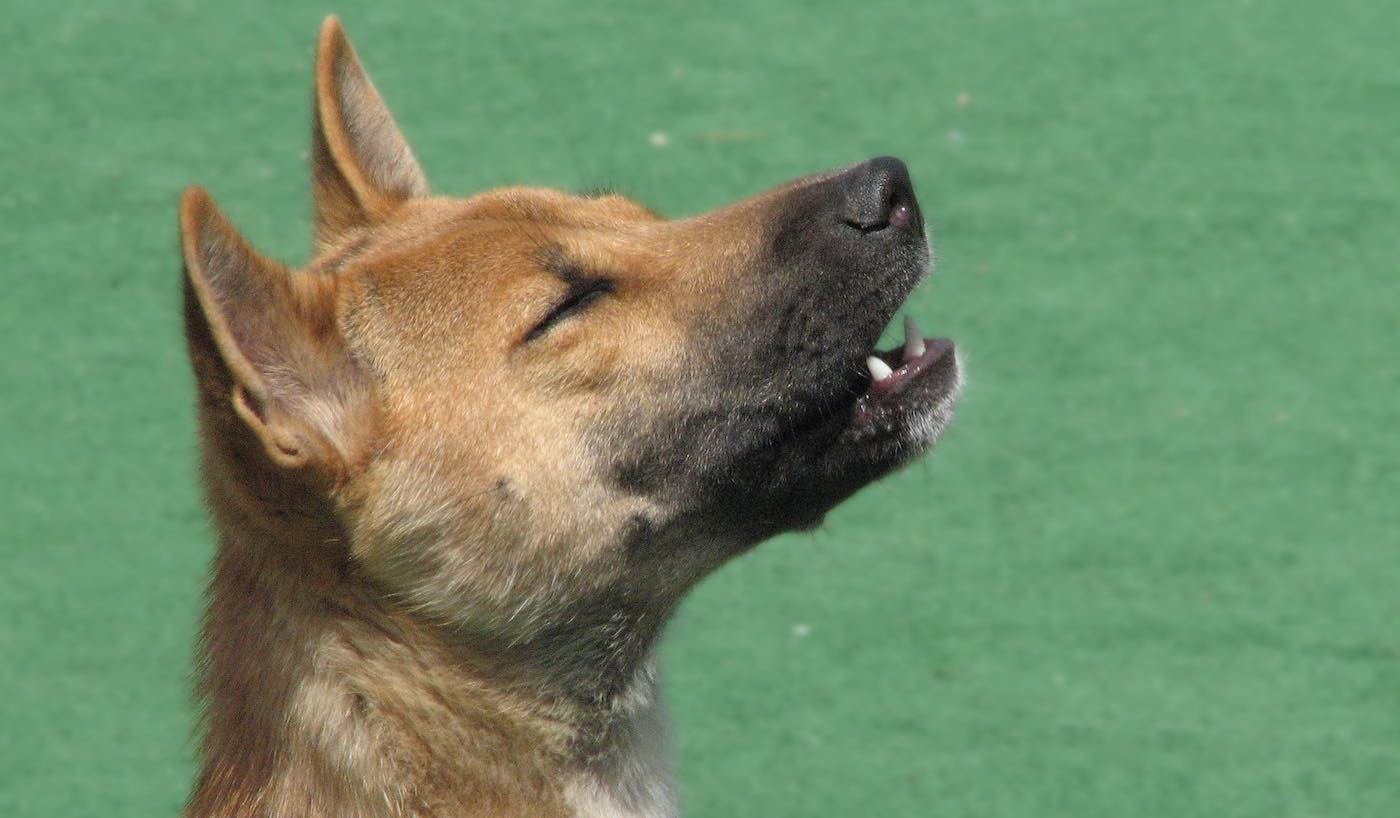Scientists’ fears of genetic diversity loss among zoo-kept populations of New Guinea Singing dogs have been abated after another island dog pack, found loitering around a gold mine, was found to have nearly identical genetics.

The plaintive, lazy, haunting wail of the mysterious and reclusive singing dogs of New Guinea was once heard throughout the highlands until the species presumably went extinct in the wild in the 1970s. Now there are only about 200-300 animals kept in zoos around the world, and insular breeding has biologists worried about the species’ long-term chances for survival.
However, another wild dog of New Guinea—the highland wild dog, could provide the genetic scaffolding to restore the howling pooches to their former glory.
Just as secretive as its cousin, and known only to science through anecdotal accounts and two photographs taken in the 20th and 21st centuries, the highland wild dog isn’t well understood, but has been hypothesized as a relative, or even the same as the singing dog. (Hear the dogs below.)
Closely resembling and related to Australia’s dingoes, the pair of New Guinean dogs might have been able to arrive on the island 3,500 years ago, possibly via a boat.
In the Proceedings of the National Academy of Science, zoologist James McIntyre published a paper recently on the results of DNA tests conducted on a pack of around 15 highland wild dogs that he found near the world’s largest gold mine.

He compared the samples to 1,000 other dogs representing 161 different dog breeds including dingoes, the singing dogs, and other Asian species like the shiba-inu and Akita.
His results demonstrated that the genetic material of the highland wild dogs and the singing dogs were nearly identical, and advised that the highland wild dogs be used for “conservation efforts to rebuild this unique canid population.”
And it’s worth it, because as far as animal vocalization goes, the singing dog is “totally unique in nature,” says one scientist speaking to Science Magazine.
Restoring its population could go a long way toward understanding the evolution of mammalian vocal abilities, as well as the off-chance that a reintroduction of the singing pooches to the highlands of New Guinea could provide thousands in tourism revenues.
SING Your Approval Of This Good News And Share With Your Friends on Social Media…




















